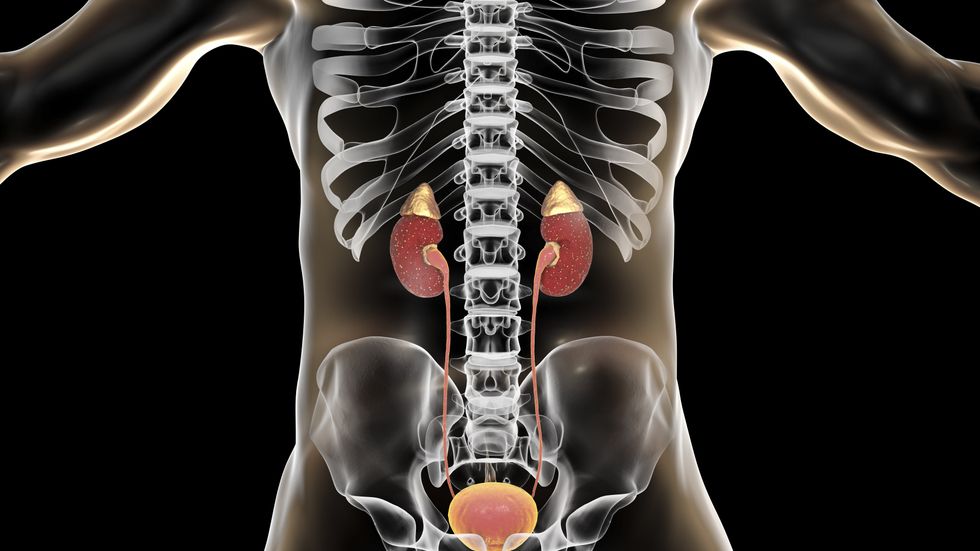Scientists sound alarm over global kidney crisis as 1.5 million die from 'deadly' disease each year

The latest findings underscore the need for more urine tests to catch the disease early
Don't Miss
Most Read
A staggering 788 million people globally were living with chronic kidney disease in 2023, more than double the 378 million affected in 1990, according to a comprehensive new study which warns that the condition now claims approximately 1.5 million lives each year.
Research conducted by teams from NYU Langone Health, the University of Glasgow and the Institute for Health Metrics and Evaluation at the University of Washington found that roughly 14 per cent of adults worldwide have reduced kidney function.
When adjusted for population age structures, deaths from the condition have risen by more than 6 per cent since 1993.
As a significant factor in cardiovascular disease, impaired kidney function contributes to approximately 12 per cent of heart-related deaths globally.
TRENDING
Stories
Videos
Your Say
High blood glucose levels, elevated blood pressure and increased body mass index emerged as the primary risk factors for developing the condition.
The findings formed part of the Global Burden of Disease 2023 study, which analysed 2,230 scientific papers and national health datasets from 133 countries.

The condition remains significantly underdiagnosed
|GETTY
Published in The Lancet on November 7, it represents the most comprehensive assessment of chronic kidney disease in nearly a decade.
"Our work shows that chronic kidney disease is common, deadly, and getting worse as a major public health issue," said study co-senior author Josef Coresh, MD, PhD, director of NYU Langone's Optimal Ageing Institute.
Treatment for chronic kidney disease remains severely limited across lower-income regions, particularly in sub-Saharan Africa, Southeast Asia and Latin America.
In these areas, life-saving therapies such as dialysis and kidney transplants are frequently unavailable or prohibitively expensive for most patients.
The research highlighted that while many patients are in early stages of the disease, where intervention could prevent progression, access to care remains a critical barrier.
Josef Coresh, who also serves as the Terry and Mel Karmazin Professor of Population Health at NYU Grossman School of Medicine, stressed that timely treatment and lifestyle modifications during these early stages could eliminate the need for dialysis or transplantation in later years.
The condition remains significantly underdiagnosed and undertreated across the globe, according to the research team.
LATEST DEVELOPMENTS
- 'I was diagnosed with stage 3 cancer at 22 - the signs emerged gradually across my body'
- High cholesterol: The pantry staples that can drag harmful lipids out of the body
- High blood pressure: Pain in key body areas could hike risk of silent killer by 45%
"Chronic kidney disease is underdiagnosed and undertreated," stated study co-lead author Morgan Grams, MD, PhD.
"Our report underscores the need for more urine testing to catch it early and the need to ensure that patients can afford and access therapy once they are diagnosed."

Treatment for chronic kidney disease remains severely limited
|GETTY
Several new medications developed within the past five years have shown promise in slowing disease progression and reducing risks of heart attacks, strokes and heart failure.
However, Grams, the Susan and Morris Mark Professor of Medicine at NYU Grossman School of Medicine, cautioned that the global impact of these treatments will take considerable time to materialise.
The researchers warned that the actual prevalence may exceed current estimates due to insufficient testing worldwide.
Our Standards: The GB News Editorial Charter











